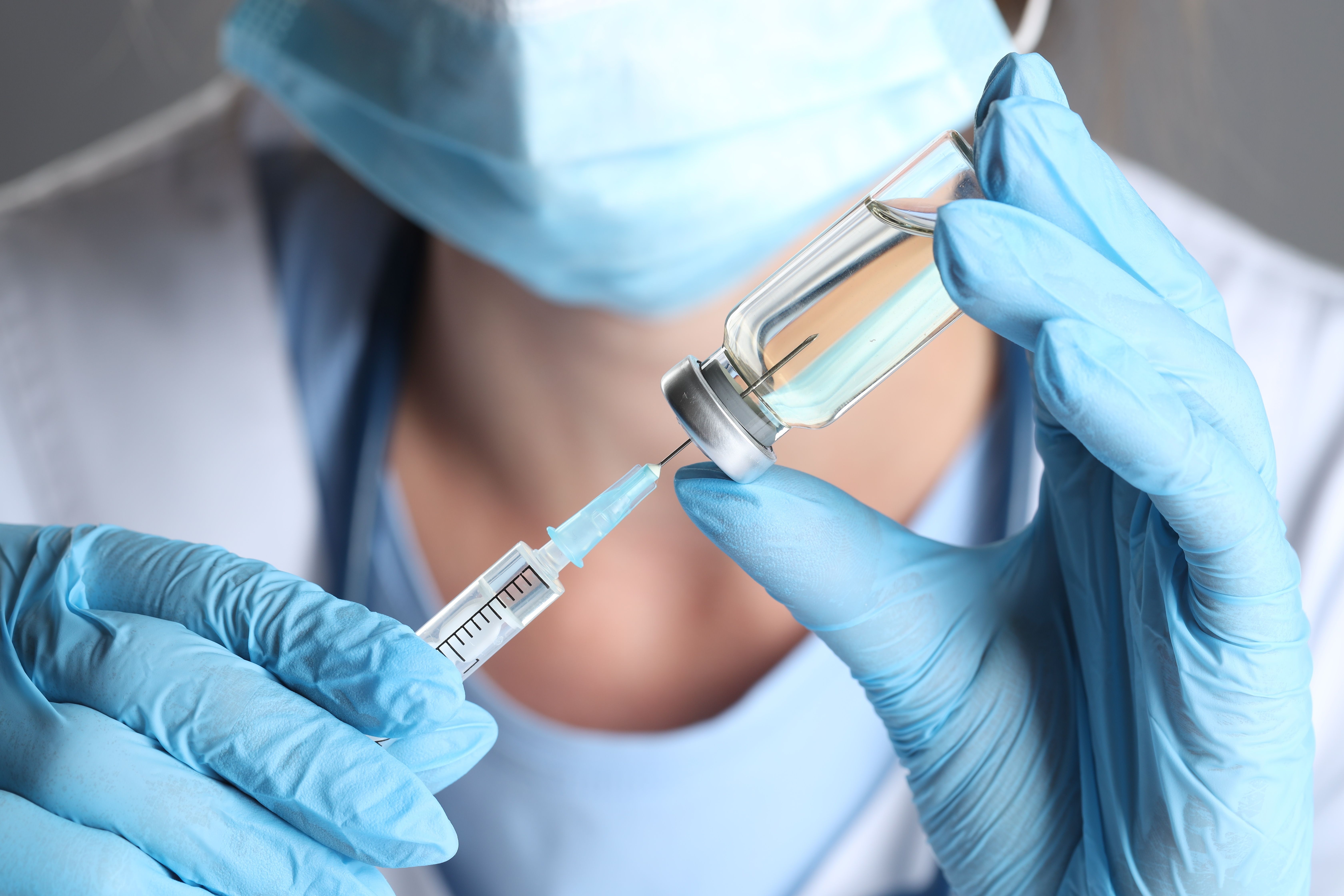- Bone Health
- Immunology
- Hematology
- Respiratory
- Dermatology
- Diabetes
- Gastroenterology
- Neurology
- Oncology
- Ophthalmology
- Rare Disease
- Rheumatology
Biosimilars Council: PBM Rebate Schemes Cost Americans, Payers $6 Billion
A report from the Biosimilars Council evaluating IQVIA data found that rebate schemes orchestrated by pharmacy benefit managers (PBMs) are costing US patients and payers billions of dollars by suppressing biosimilar adoption.
A Biosimilars Council analysis of IQVIA data has revealed health plans and patients are missing out on billions in savings as a results of pharmacy benefit manager (PBM) rebate policies that suppress biosimilar adoption.
Experts are calling for Congress to rein in PBM abuses through legisative action | Image credit: New Africa - stock.adobe.com

The report highlighted rebate policies that protect $2 billion in profits for Humira (originator adalimumab) and prevent competition for the 10 adalimumab biosimilars on the US market. In the first year since adalimumab biosimilars launched in January 2023, these products have only obtained 2% market share despite some products having list prices over 80% lower than Humira.
“Rebate and fee revenue tied to the list price continues to maintain a stranglehold on coverage decisions, to the detriment of patients and ultimately payers,” said Craig Burton, executive director of the Biosimilars Council, in a statement. “Even when plans cover the biosimilars, they place the biosimilar on parity with the higher-priced brand and remove any incentive for patients to use the lower-cost biosimilar. It is critical that Congress enact legislation to rein in such PBM abuses.”
IQVIA had discovered that adalimumab biosimilars could have offered potential savings of up to $6 billion to the US health care system. However, transitioning all US patients to these biosimilars would have resulted in an estimated 84% decrease in PBM profits. This shift also would have posed a potential loss of revenue for large specialty pharmacies, which frequently shared corporate ownership with PBMs.
The study also found that, even after factoring in rebates, biosimilars with lower wholesale acquisition costs (WAC) had lower net costs for employers and patients. IQVIA's analysis had shed light on the perverse incentives causing this slow adoption, including PBMs' reliance on rebates and fees tied to high list prices of brand name drugs, as well as their preference for in-house specialty pharmacy networks over independent specialty and retail pharmacies.
However, the researchers noted that biosimilars could see more favorable payer coverage in 2024, with the big 3 US payers expected to make a shift. Additionally, uptake for most of the highest volume adalimumab biosimilars has been driven by smaller payers who could gain more from low-cost, no-rebate policies.
“Switching to low-cost biosimilars would reduce both the direct cost liability of coverage and copays and associated admin fees for employers and patients. A transition to biosimilars would disrupt the traditional PBM profit model, as they would take in less in rebates and WAC-based fees. This may lead to shifts in PBM strategy to maintain profitability, eg, co-branding,” the authors wrote.
Continued use of Humira cost patients, employers, and health plans up to about $700 million (almost $6 billion overall) in increased drug costs and fees each month since the launch of the first adalimumab biosimilar. Every prescription for Humira comes with an extra cost exceeding $1300 compared with a low-priced adalimumab biosimilar. Even after factoring in rebates, Humira continues to be a more expensive choice for health plans, with a net price of around $2100 vs less than $1000 for certain biosimilars.
David Gaugh, interim president and CEO of the Association for Accessible Medicines, added, “[This] report highlights a key barrier to biosimilar adoption…PBM decisions to continue covering the brand Humira resulted in a loss of $6 billion in potential savings for patients and commercial and employer health plans—all because full coverage of the biosimilars would have reduced PBMs and their vertically integrated specialty pharmacy profits…It is critical that Congress and the administration move quickly to ensure rapid adoption of biosimilars, to the benefit of patients.”
Newsletter
Where clinical, regulatory, and economic perspectives converge—sign up for Center for Biosimilars® emails to get expert insights on emerging treatment paradigms, biosimilar policy, and real-world outcomes that shape patient care.
